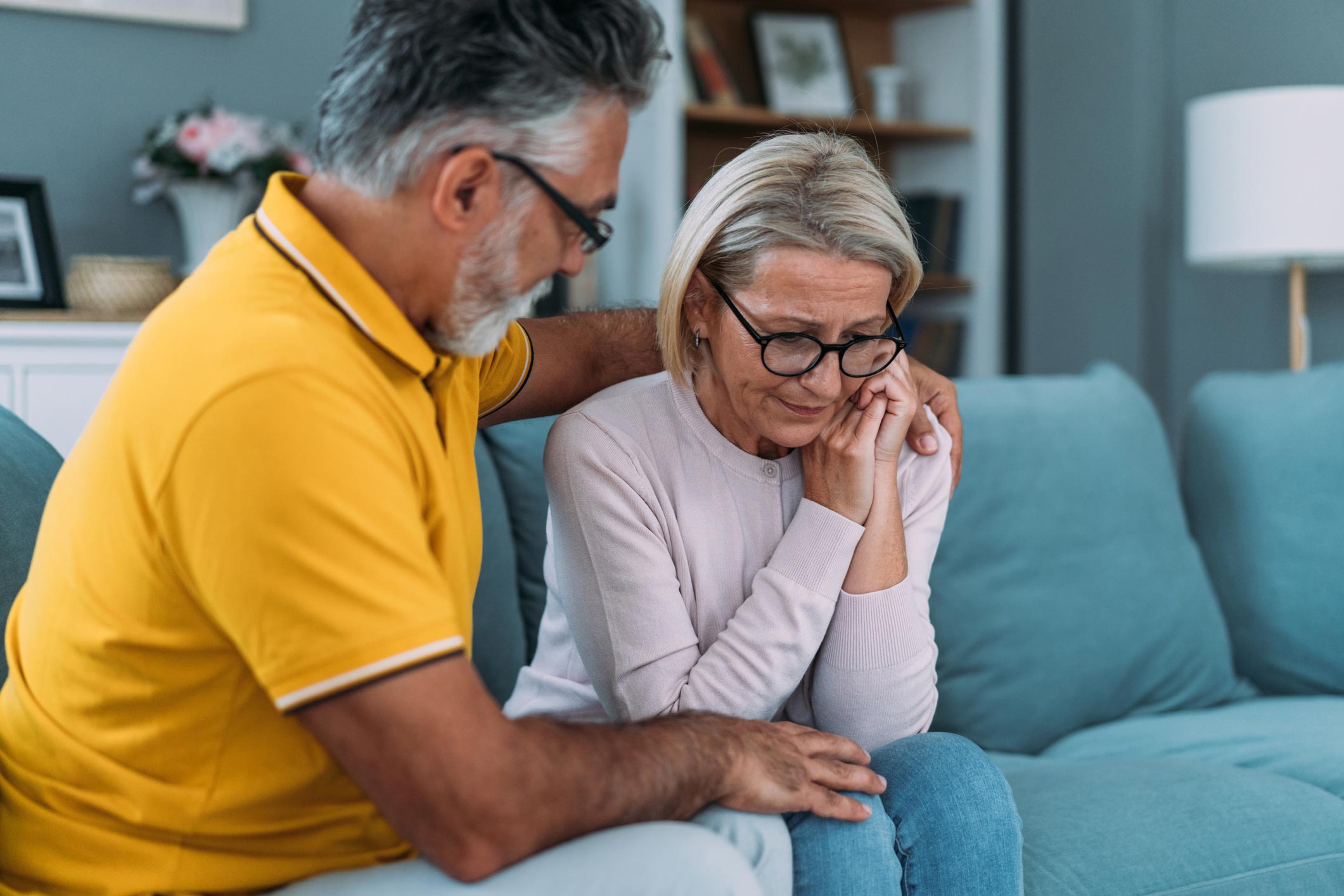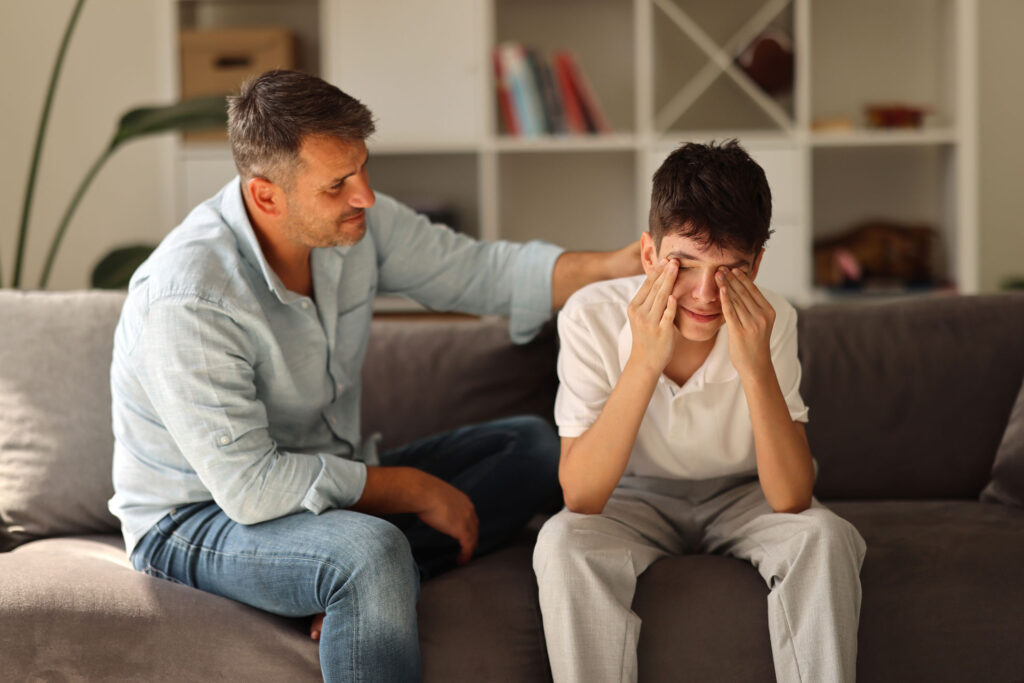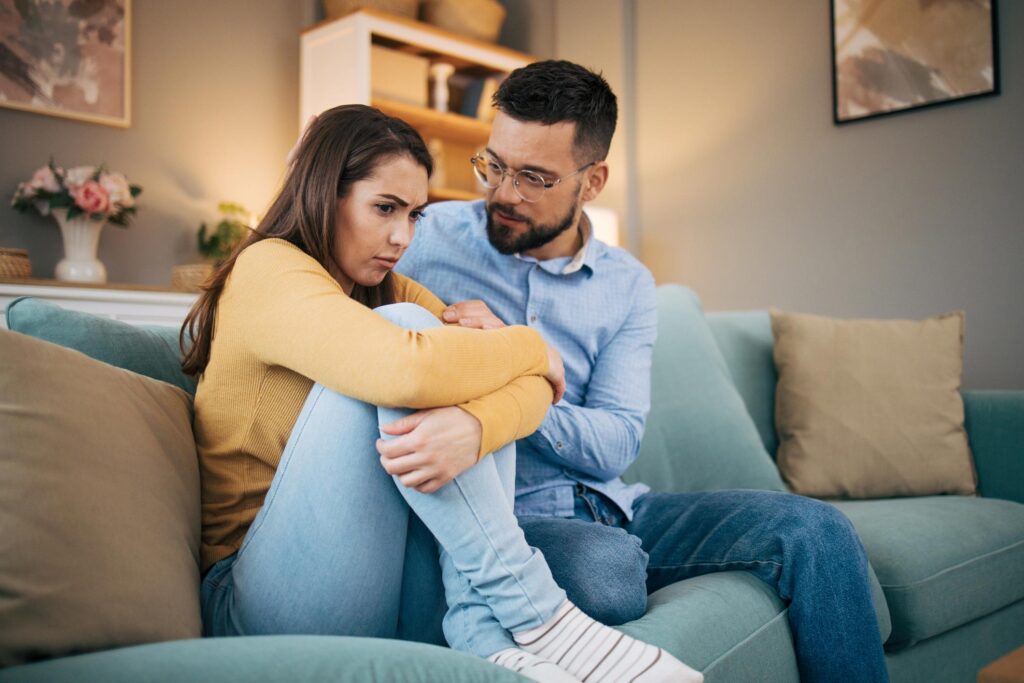Supporting Loved Ones With Depression
Depression can touch anyone, regardless of age. It doesn’t discriminate between children discovering who they are, adults juggling life’s responsibilities, or aging parents facing new challenges. Often, the emotional weight of depression extends beyond the individual, affecting entire families across generations. In this post, we explore how depression manifests at different life stages and how families can come together to offer support, understanding, and compassion.
Recognizing Depression in Children
Children may not always have the words to describe what they’re feeling, making it challenging for parents to recognize depression. It might show up as irritability, withdrawal from friends, or a sudden disinterest in activities they once loved. Parents often notice these subtle changes before anyone else.
Take Sarah’s story, for example. When her 10-year-old son, Liam, stopped playing soccer—something he had loved for years—she initially thought it was just a phase. But as weeks went on, Liam became quieter, spending more time alone. Through gentle conversations and professional guidance, Sarah discovered that Liam was struggling with feelings of sadness and isolation. With the right support, Liam began to open up, and the entire family found ways to help him heal.
Navigating Depression as an Adult
For adults, depression often intertwines with life’s stresses—careers, relationships, and the constant balancing act of responsibilities. It can be especially overwhelming for those caring for both children and aging parents, a situation commonly known as the “sandwich generation.”
Consider Alex, a 38-year-old father of two, who found himself battling his own depression while caring for his kids and supporting his aging mother. The weight of being the “strong one” for everyone left him feeling isolated. It wasn’t until a friend encouraged him to seek help that Alex realized he didn’t have to face it alone. Through therapy and open conversations with his family, Alex found a path forward, and his vulnerability helped his children understand the importance of emotional health.
Supporting Aging Parents with Depression
Depression in older adults often goes unnoticed, attributed to aging or physical health issues. However, feelings of loneliness, loss of independence, or health challenges can deeply affect their mental well-being.
Emily, a 45-year-old mother, noticed her dad, George, wasn’t his usual self. Once an outgoing and active man, he had become withdrawn after retiring. Emily took the time to visit more often, encouraging her kids to join and bring a sense of joy back into his routine. They played board games, shared stories, and slowly, George began to open up about his feelings of loneliness. Through these simple, yet meaningful interactions, Emily and her children became a vital support system for George.
“Whether it’s a child struggling silently, an adult overwhelmed by life’s demands, or an aging parent facing new emotional challenges, the strength of family can be a lifeline.”
Creating a Circle of Support
What stands out in these stories is the power of connection. Depression may feel isolating, but when families come together—across generations—they can create a powerful circle of support. Whether it’s a child struggling silently, an adult overwhelmed by life’s demands, or an aging parent facing new emotional challenges, the strength of family can be a lifeline.
It starts with open conversations, active listening, and the understanding that it’s okay to seek help. Sometimes, simply showing up and being present can make all the difference.
Moving Forward Together
Depression isn’t something to face alone, and no family member should feel they have to hide their struggles. By bridging generations and fostering understanding, families can build resilience and create a safe space where everyone feels seen, heard, and supported.
If you notice signs of depression in yourself or a loved one, reach out. Talk to someone you trust, connect with professionals, and remember that healing is a journey best taken together.







